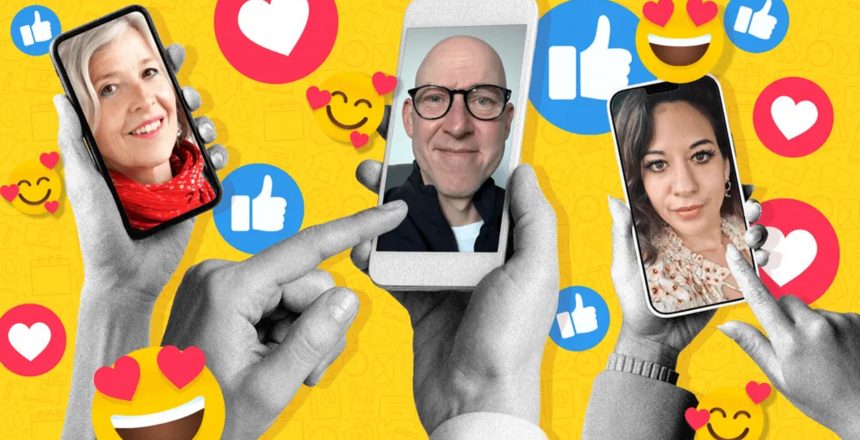For a lucky few, it’s a lucrative career path – the creator economy is expected to be worth almost $500bn (£372bn) by 2027 – but for most, it’s a confusing and unforgiving space where the algorithm decides who gets seen and who stays invisible.
So how hard is it really to break through? Three passionate people with no social media accounts took on the challenge of turning their talent into social media traction in the space of just three months.
Emily, a potter and stroke survivor, Alun, a historian, and Danyah, a theatre performer, tracked their journey on the ups and downs of trying to find an audience and surviving the emotional rollercoaster that comes with chasing online fame.
‘Engaging with comments is overwhelming’
Before she became a potter, Emily dreamt of performing on the stage but a stroke at the age of 26 changed everything, and her cognitive understanding is not what it used to be.
Pottery gave her a new purpose and expressing herself creatively felt like a form of therapy.
Emily rarely uses social media but decided to create a TikTok account in order to “reach, inspire and support people who have been in similar positions to me”.
Her first video has just two views and subsequent content about pottery and her cat also don’t perform well.
After weeks of silence and doubt, Emily’s video about how pottery saved her life reaches thousands and other stroke survivors message her to praise her content.
She is proud of the impact she makes. “That comment meant more than a thousand likes as I actually resonated with someone and that’s more valuable.”
The success of her video comes with an unexpected burden: she is overwhelmed with the responsibility of engaging with comments.


